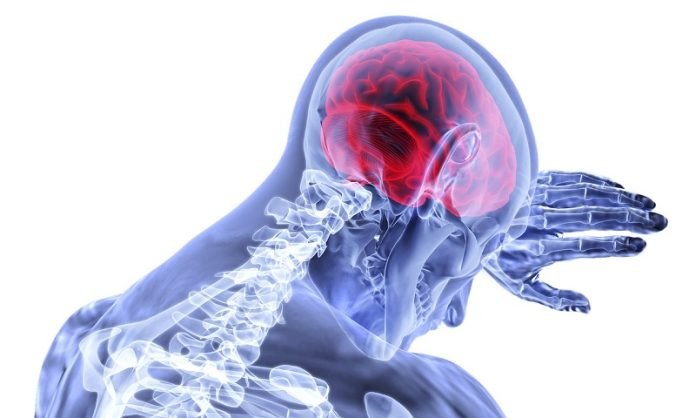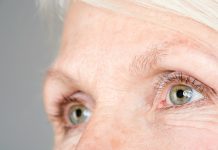
Poststroke depression (PSD) is a common condition that affects approximately one-third of stroke survivors.
PSD can lead to suboptimal recovery, recurrent vascular events, poor quality of life, and even mortality.
Although it is a prevalent condition, there is still a lot of uncertainty surrounding the factors that predispose individuals to PSD and the best strategies for prevention and treatment.
The American Heart Association has recently released its first scientific statement on the topic of PSD.
The writing group was made up of experts appointed by the American Heart Association Stroke Council’s Scientific Statements Oversight Committee and the American Heart Association’s Manuscript Oversight Committee.
Each member was assigned a topic related to their area of expertise and reviewed relevant literature, clinical and public health guidelines, and expert opinions.
This scientific statement provides a comprehensive review of the current evidence and identifies gaps in our current knowledge of PSD.
It covers the epidemiology, pathophysiology, outcomes, management, and prevention of PSD, and provides implications for clinical practice.
One of the main challenges in understanding PSD is that there is no clear consensus on its definition or diagnostic criteria.
The statement notes that PSD can be difficult to distinguish from other post-stroke psychiatric conditions, such as anxiety or adjustment disorder.
It also highlights the importance of screening for PSD in stroke survivors, as early identification and treatment can improve outcomes.
The statement also reviews the risk factors associated with PSD, which include prior history of depression, female sex, older age, and severity of stroke.
In terms of prevention and treatment, the statement emphasizes the importance of a multidisciplinary approach, which may include medication, psychotherapy, and rehabilitation.
It also notes that more research is needed to determine the most effective strategies for preventing and treating PSD.
In conclusion, this scientific statement from the American Heart Association is an important step toward improving our understanding of PSD and identifying strategies for prevention and treatment.
By raising awareness of PSD and providing guidance for clinical practice, we can improve outcomes for stroke survivors and reduce the burden of this common and challenging condition.
How to prevent depression
Depression is a complex condition, and there is no one-size-fits-all approach to prevention. However, there are steps you can take to help reduce your risk of developing depression:
Stay physically active: Regular exercise can help improve mood and reduce stress. Aim for at least 30 minutes of physical activity each day.
Eat a healthy diet: A balanced diet that includes plenty of fruits, vegetables, whole grains, lean protein, and healthy fats can help support overall health and well-being.
Get enough sleep: Sleep plays a critical role in mental and physical health. Aim for 7-8 hours of sleep each night, and try to establish a regular sleep routine.
Manage stress: Chronic stress can increase the risk of depression. Find healthy ways to manage stress, such as meditation, deep breathing exercises, or yoga.
Stay connected: Social support is important for mental health. Make time for friends and family, and consider joining a support group or participating in a community activity.
Seek treatment for underlying conditions: Certain medical conditions, such as thyroid disorders or chronic pain, can increase the risk of depression. If you have an underlying condition, make sure to seek appropriate treatment.
Talk to a mental health professional: If you are experiencing symptoms of depression or have a history of depression, consider talking to a mental health professional.
They can help you develop a personalized plan for preventing depression and managing your mental health.
If you care about stroke, please read studies about a major cause of stroke, and MIND diet could slow down cognitive decline after stroke.
If you care about depression, please read studies that vegetarian diet may increase your depression risk, and Vitamin D could help reduce depression symptoms.
The study was published in Stroke.
Copyright © 2023 Knowridge Science Report. All rights reserved.



